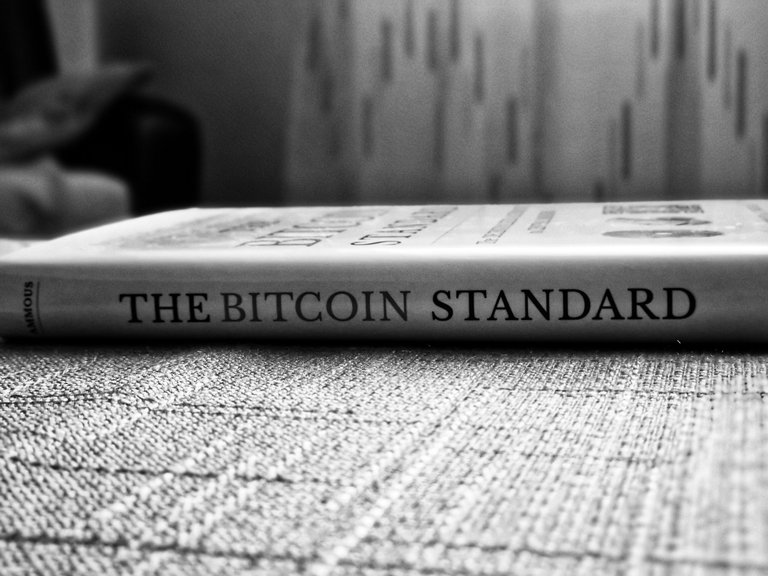
CBDCs (Central Bank Digital Currencies) are a contentious topic, with some countries firmly against them while others are actively working on their implementation. Currently, when we discuss CBDCs, we are mainly focusing on institutional forms of this digital currency.
I believe retail CBDCs are far from becoming a reality, if ever, considering the ongoing debates and hesitations surrounding their introduction.
The Qatar Central Bank (QCB) has announced the completion of the infrastructure development for its Central Bank Digital Currency (CBDC) project, marking a significant milestone in its efforts to embrace digital financial transformations.
In a June 2 press release, the QCB said it has started the the first phase of its CBDC project, which is expected to last until October.
The central bank added that the initiative aligns with global advancements in digital currency and aims to modernize and enhance the country’s financial sector.
source
What's wrong with the current financial system, and what will CBDCs bring to the table? Unlike the current fiat system, these digital currencies won't be backed by anything tangible. Some speculate that countries like China and others amassing gold reserves could indicate that CBDCs will be backed by gold, but that raises the question: why would we need a CBDC in the first place?
The race to create CBDCs is intense, with some countries already engaged in the process. DCMA aims to develop "crypto 2.0," a form of CBDC that raises questions about the necessity for an alternative to established cryptocurrencies like Bitcoin.
Wasn't crypto supposed to be the alternative to traditional finance? It seems the answer is obvious, but the outcome of CBDC development is uncertain. Achieving a consensus on a globally accepted and used CBDC is no easy feat.
Consider the ongoing tensions between China, Russia, and the US; it's unlikely they'll reach a consensus on an internationally used central bank digital currency. The BRICS alliance, set to add 40 more countries this year, would require member nations to accept whatever terms are dictated by Russia, China, and India – not a consensus, but a selection.
The crypto community often sees itself as a force of anarchy, disrupting the financial and political status quo. However, we frequently argue over which currencies are superior, whether it's Solana versus Ethereum or alternatives to Bitcoin. If we can't agree on these matters, how can we expect world leaders, who barely get along, to reach consensus?
I'm not against any particular technology or idea – be it Bitcoin, CBDCs, vaccines, or drugs – as long as we respect our fundamental rights to freedom of choice. Let there be multiple currencies, and each group can choose what works best for them.
I've written extensively on why I believe Hive is superior to Bitcoin, so I won't turn this into another diatribe. Instead, I'll advocate for freedom of choice – the right to choose whatever currency or technology we prefer. No spamming Twitter with my opinions; I just want the freedom to make my own decisions.
Thanks for your attention,
Adrian